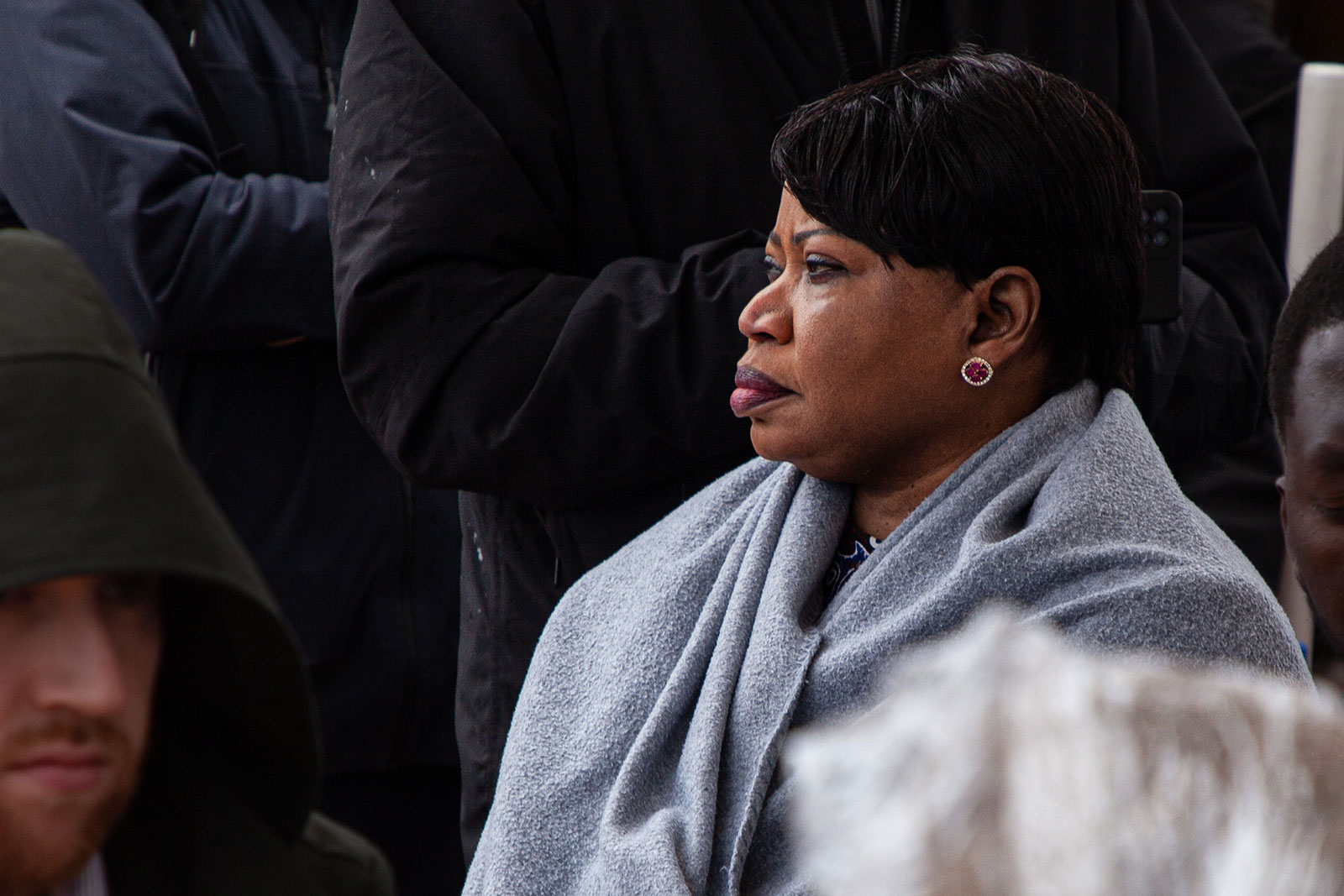
In 2024, the Gambia was the 60th country to join the Blue Justice Initiative. The move is part of a broader commitment to address fisheries crime and protect livelihoods in West Africa.
Blue Justice, spearheaded by the Norwegian, has quickly become a crucial platform in the global fight against fisheries crime. Launched in 2019 with just seven countries, the initiative has grown exponentially.
– I want to thank Blue Justice and the Norwegian government for taking this initiative of the Blue Justice Initiative program, says Fatou Bensouda, the Gambian High Commissioner to the United Kingdom. She is accredited non-resident Ambassador of The Republic of The Gambia to the Kingdom of Norway, based in London.
Bensouda visited Norway during the five-year anniversary celebration of Blue Justice at the historical island of Oscarsborg in June 2024. The anniversary marked five years of international collaboration to identify, pursue and investigate fisheries crime. As the most recent country to sign the Copenhagen Declaration, Bensouda is impressed by the rapid growth Blue Justice has undergone.
– Imagine that in 2019, that’s when the initiative was first taken by nine countries. Today, five years later, we are talking about 60 countries, she says. This rapid growth underscores the pressing need for international cooperation in addressing illegal fishing and related crimes.
A Critical Step for West African Fisheries
In addition to the Gambia, the West African region comprises countries such as Cabo Verde, Ghana, Guinea, Nigeria, and Sierra Leone. Blue Justice Initiative offers a platform for regional cooperation and knowledge exchange. The Gambia’s participation in Blue Justice Initiative comes at a crucial time for West African fisheries, and Bensouda is eager to push forward.
– One of the key challenges facing West African countries is the impact of transnational crime on local fishing communities. Many people Gambians depend on artisanal fishing. This is what they know for generations. This is what they do, says Bensouda emphatically. These small-scale fishermen are often at a disadvantage when competing with large, illegal fishing operations.
– Not having the sophistication of these big trawlers and these big boats, of course, they are disadvantaged. And when this illegal fishing is taking place, obviously, the chances that they would have had to be able to also do their normal fishing and sell or live and eat it is reduced, is drastically reduced, she continues
Addressing Broader Socioeconomic Issues
The fight against illegal fishing is not just about protecting marine resources; it’s also about addressing broader socioeconomic challenges. Bensouda draws a direct link between fisheries crime and illegal migration.
– When people lose their livelihood, they find a way of trying to gain their livelihood back, or at least to do something else. And you see that we are right now at the moment, and Gambia is one of the countries that is suffering from this illegal migration, she says.
As the Gambia takes its place in the Blue Justice Initiative, the country is poised to play a significant role in combating fisheries crime in West Africa. Bensouda finishes off with a call to action:
– I will encourage my government to really take this initiative on board, to make use of the trainings, to make use of the fact that others are more advanced than us perhaps. We can exchange information and learn lessons from them. Bensouda l expressed the Gambia’ motivation to take a leading role in the fight against illegal fishing, for instance by establishing a satellite station
. – Why not? She asks rhetorically. Maybe the discussions can be taken further, and we will see what we are able to get out of it. I think it will be very, very beneficial to the sub-region, especially not just the Gambia.
Photo: Her Exccellency, theHigh Commissioner of The Gambia to Great Britain, on her way to the Blue Justice anniversary celebration at Oscarsbog in June 2024. Photo: George Kurian
AI has been used to edit this web story.